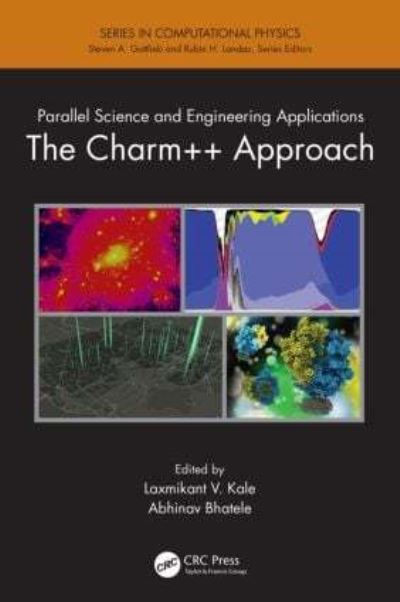
Developed in the context of science and engineering applications, with each abstraction motivated by and further honed by specific application needs, Charm++ is a production-quality system that runs on almost all parallel computers available. Parallel Science and Engineering Applications: The Charm++ Approach surveys a diverse and scalable collection of science and engineering applications, most of which are used regularly on supercomputers by scientists to further their research.
After a brief introduction to Charm++, the book presents several parallel CSE codes written in the Charm++ model, along with their underlying scientific and numerical formulations, explaining their parallelization strategies and parallel performance. These chapters demonstrate the versatility of Charm++ and its utility for a wide variety of applications, including molecular dynamics, cosmology, quantum chemistry, fracture simulations, agent-based simulations, and weather modeling.
The book is intended for a wide audience of people in academia and industry associated with the field of high performance computing. Application developers and users will find this book interesting as an introduction to Charm++ and to developing parallel applications in an asynchronous message-driven model. It will also be a useful reference for undergraduate and graduate courses in computer science and other engineering disciplines. Courses devoted to parallel programming and writing of parallel CSE applications will benefit from this book.
| ISBN: | 9781466504127 |
| Publication date: | 30th October 2013 |
| Author: | Laxmikant V Kale, Abhinav Bhatele |
| Publisher: | CRC Press |
| Format: | Hardback |
| Pagination: | 314 pages |
| Series: | Series in Computational Physics |
| Genres: |
Computer science Physics Information technology: general topics |